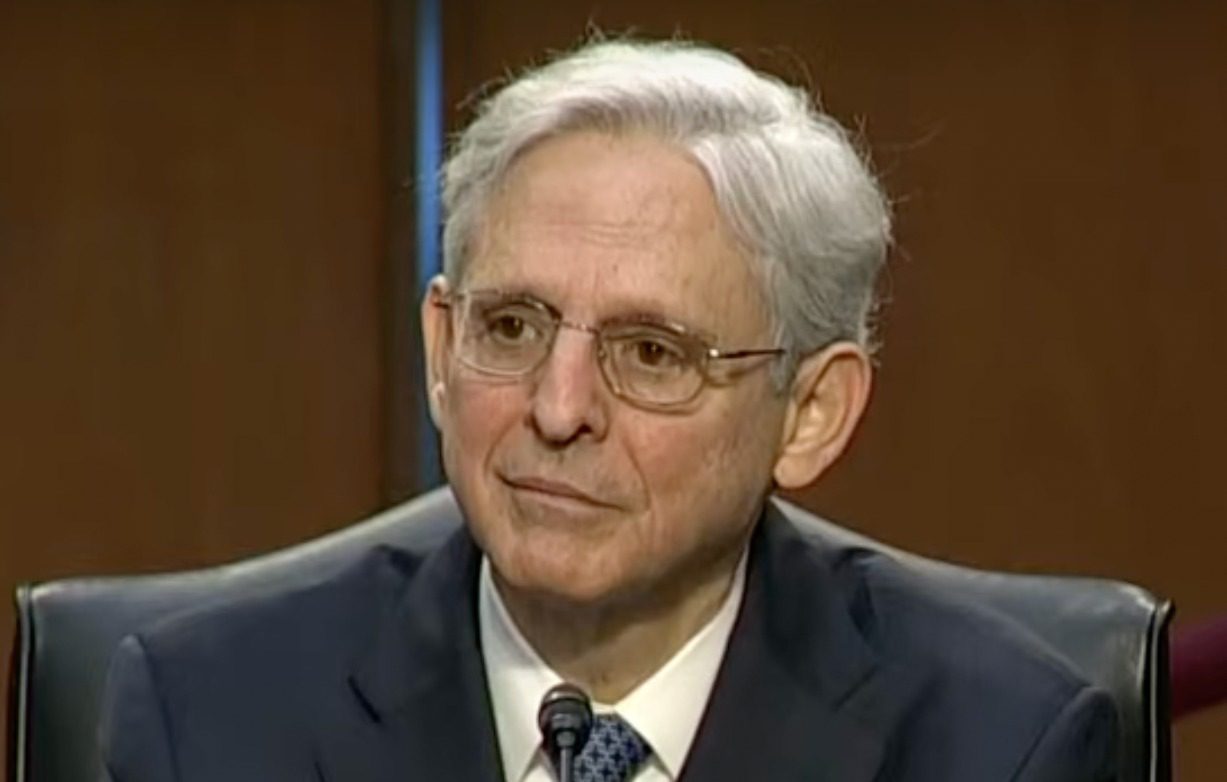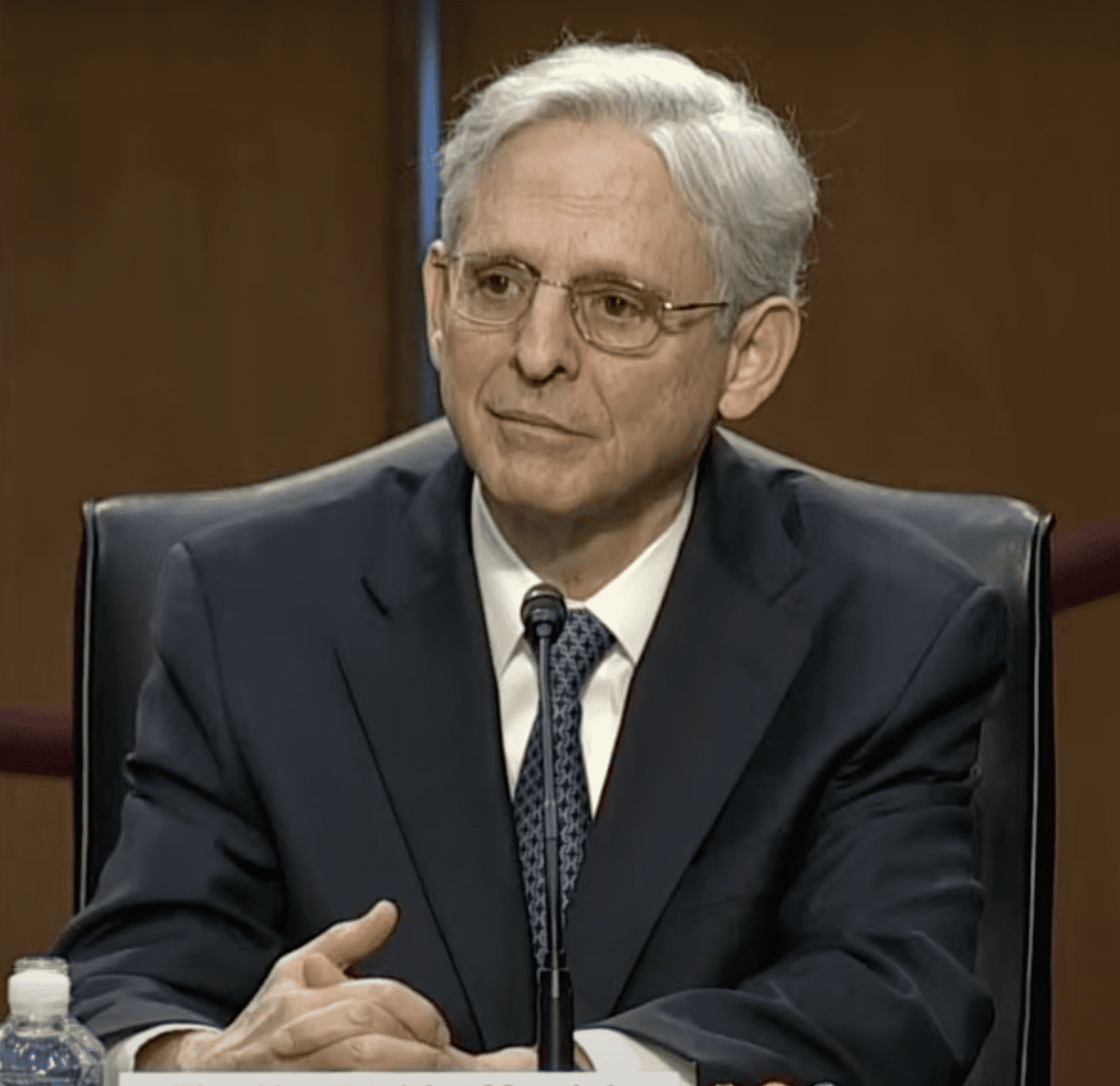What’s Next For Corporate America Under Garland


 The significant decline in the enforcement of white collar and related financial crime and environmental misconduct ushered in during the Trump administration will soon reverse course. As Merrick Garland settles into his new role as U.S. Attorney General under the Biden administration, those once-sidelined enforcement priorities will likely take a front seat once again.
The significant decline in the enforcement of white collar and related financial crime and environmental misconduct ushered in during the Trump administration will soon reverse course. As Merrick Garland settles into his new role as U.S. Attorney General under the Biden administration, those once-sidelined enforcement priorities will likely take a front seat once again.
The following comparison snapshot between the Trump administration and the Obama administration illustrates the marked decline in white collar and related financial enforcement actions. In its last 20 months, the Obama administration levied $14.15 billion in total corporate penalties while prosecuting 71 financial institutions and 34 public companies. B. Garrett, Declining Corporate Prosecutions, 57 Am. Crim. L. Rev. 108 (2020). Conversely, during the first 20 months of the Trump administration, corporate penalties declined to $3.4 billion in total penalties, with 17 financial institutions and 13 public companies prosecuted. This change was due, in large part, to amendments to written policy and practices and informal statements from the Department of Justice (DOJ) that “cumulatively softened the federal approach to corporate criminals.” By 2019, white collar prosecutions hit “an historic low,” according to the Transactions Records Access Clearinghouse (TRAC) at Syracuse University.
A report released in October 2020 showed that, with respect to environmental enforcement actions, there was a 70% decrease in Clean Water Act prosecutions and a 50% decrease in Clean Air Act prosecutions under President Trump. D. Uhlmann, New Environmental Crimes Project Data Shows That Pollution Prosecutions Plummeted During the First Two Years of the Trump Administration, Environmental Crimes Project Report (Oct. 1, 2020). President Biden, on the other hand, has vowed to renew his focus on environmental enforcement by establishing an Environmental and Climate Justice Division within the DOJ and implementing a number of initiatives to facilitate the prosecution of environmental crimes, which may include new monitoring, community notification, and interagency teams. (See The Biden Plan to Secure Environmental Justice and Equitable Economic Opportunity.) Garland will most certainly have a hand in developing and implementing these new initiatives.
Despite the marked decline in financial and environmental enforcement during the Trump administration, what Garland has made crystal clear is that his primary goal as U.S. Attorney General is to seek “equal justice under the law.” (See Attorney General Merrick Garland Addresses the 115,000 Employees of the Department of Justice on His First Day. Garland, a near-lifetime public servant, remarked on his first day that walking through the doors of DOJ’s Main Justice felt like he was “coming home.” Garland, who served as a federal prosecutor and federal appellate judge for nearly three decades, stated that “public service is more than a job…it is a calling.” He signaled he would not cave to political pressures in his new role—providing that he would not allow “one rule for Democrats and another for Republicans; one rule for friends and another for foes; one rule for powerful and another for the powerless; one rule for the rich and another for the poor; or different rules depending upon one’s race or ethnicity.” He concluded that, “together, we will show the American people by word and deed that the Department of Justice pursues equal justice and adheres to the rule of law.”
Significantly, Garland’s comments indicate a refocusing on priorities including corporate and related individual conduct. As such, corporate America can and should expect greater oversight and involvement by the DOJ, the U.S. Securities and Exchange Commission (SEC), the U.S. Environmental Protection Agency (EPA), and others in the coming months and years.
In addition, one would expect to see a continued focus on areas such as the Foreign Corrupt Practices Act (FCPA) and healthcare fraud, which did not experience as steep of a decline as financial and environmental enforcement during the Trump administration. A survey by Stanford University demonstrated that FCPA settlements continued from 2017-20 at the same rate despite the fact that fewer investigations were initiated during the Trump administration.
In fact, 2020 was the largest year yet for FCPA settlements, with resolutions amounting to $2.94 billion. Healthcare fraud enforcement remained a top priority as well, with millions of dollars pouring into efforts to recoup lost government funds due to healthcare fraud. There is no reason to think President Biden will depart from these priorities, which have been a success over the past few administrations.
In the end, exercising proactivity and vigilance now may provide companies greater protections and overall comfort later. As Garland digs into his new role and garners steam in enforcing new legal initiatives, perhaps a bit of compliance “spring cleaning” may be worthwhile. Some preemptive steps companies can take include:
• Review written policies, procedures, and standards to ensure they are in compliance with all current applicable laws and regulations.
• Designate a compliance officer and compliance committee (if you don’t have one yet).
• Provide to all employees a refresher training of written policies, procedures, and standards.
• Confirm all employees’ compliance certifications are up-to-date.
• Ensure effective and open lines of communication exist (g., a hotline for reporting misconduct and policy violations).
• Conduct an internal audit to ensure ongoing internal monitoring is up to snuff.
• Monitor updates or changes to DOJ corporate compliance evaluation guidance (last released in June 2020).
Chief Executive Group exists to improve the performance of U.S. CEOs, senior executives and public-company directors, helping you grow your companies, build your communities and strengthen society. Learn more at chiefexecutivegroup.com.
0

1:00 - 5:00 pm
Over 70% of Executives Surveyed Agree: Many Strategic Planning Efforts Lack Systematic Approach Tips for Enhancing Your Strategic Planning Process
Executives expressed frustration with their current strategic planning process. Issues include:
Steve Rutan and Denise Harrison have put together an afternoon workshop that will provide the tools you need to address these concerns. They have worked with hundreds of executives to develop a systematic approach that will enable your team to make better decisions during strategic planning. Steve and Denise will walk you through exercises for prioritizing your lists and steps that will reset and reinvigorate your process. This will be a hands-on workshop that will enable you to think about your business as you use the tools that are being presented. If you are ready for a Strategic Planning tune-up, select this workshop in your registration form. The additional fee of $695 will be added to your total.

2:00 - 5:00 pm
Female leaders face the same issues all leaders do, but they often face additional challenges too. In this peer session, we will facilitate a discussion of best practices and how to overcome common barriers to help women leaders be more effective within and outside their organizations.
Limited space available.

10:30 - 5:00 pm
General’s Retreat at Hermitage Golf Course
Sponsored by UBS
General’s Retreat, built in 1986 with architect Gary Roger Baird, has been voted the “Best Golf Course in Nashville” and is a “must play” when visiting the Nashville, Tennessee area. With the beautiful setting along the Cumberland River, golfers of all capabilities will thoroughly enjoy the golf, scenery and hospitality.
The golf outing fee includes transportation to and from the hotel, greens/cart fees, use of practice facilities, and boxed lunch. The bus will leave the hotel at 10:30 am for a noon shotgun start and return to the hotel after the cocktail reception following the completion of the round.